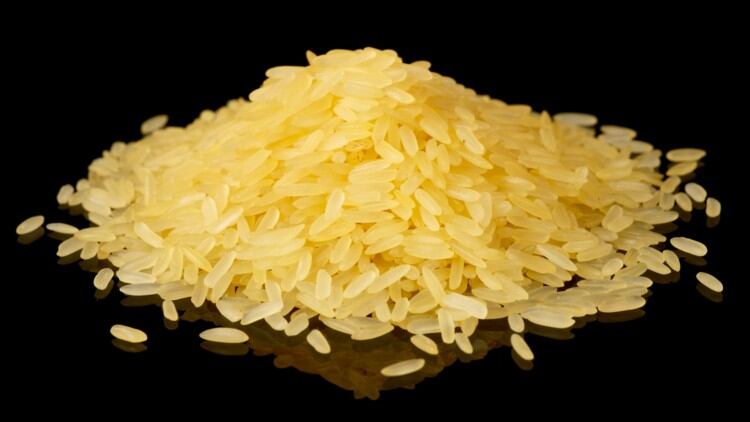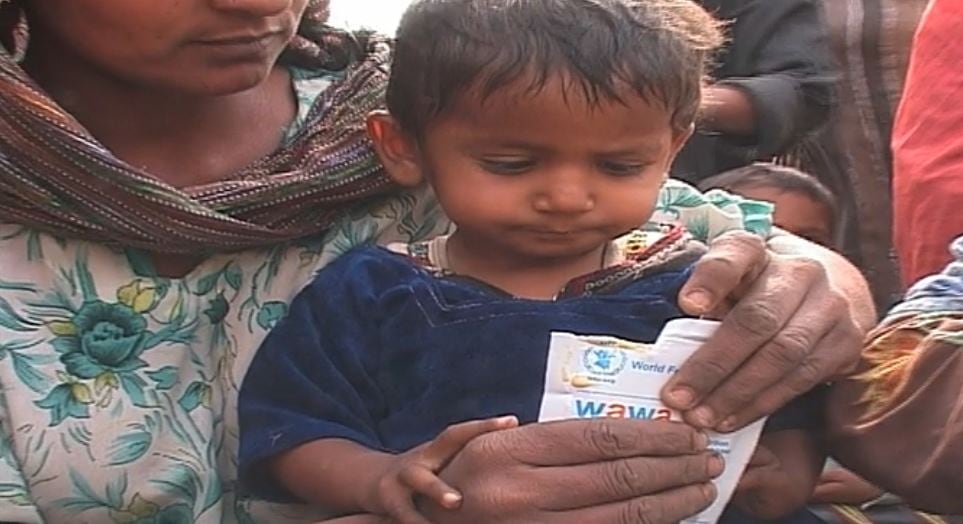Malnutrition is a term generally referring to stunting, wasting, overweight, obese, anaemia, and diabetes.
Solutions for ending malnutrition are well known including interventions targeting nutrition (supplementation, fortification) as well as those in nutrition sensitive sectors such as agriculture, education, trade and social protection.
While some countries are making steady progress on addressing some forms of malnutrition especially child stunting and wasting, and a small number on child obesity, the large majority are off-track due to shortfalls in governance, policy and programming responses.
According to researchers at Scaling Up Nutrition (SUN) Movement (Switzerland), Nutrition International (Canada) and Deakin University (Australia), one potential reason for why some countries were succeeding, whereas others were falling behind was political commitment.
Published in Food Policy, researchers said: “In pursuit of the global ambition of ending all forms of malnutrition, it is important to understand, measure and strengthen political commitment for nutrition.”
“Building commitment involves advocating, establishing institutions, adopting policies, mobilising resources and coordinating responses – within and outside of government, across sectors, from national to local levels – for as long as necessary to ensure results, sustained over time.”
The SUN Movement is now in its 10th year, and counts 60 member countries across Asia, Central America, South America, Africa and four Indian states.
In this study, they measured five forms of political commitment for nutrition which were expressed, institutional, operational, embedded and system-wide.
Process of ending malnutrition
These commitments include recognising malnutrition as a serious problem, adopting policies, on-the-ground supplementation/fortification interventions, addressing social protection and poverty issues.
The results showed that countries who joined the Sun Movement early between 2010 and 2012 had higher expressed and institutional commitment scores compared to those that joined later (2013 to 2017) (p<0.001).
System-wide commitment takes into account the country’s performance in all four forms of political commitment for nutrition (expressed, institutional, operational and embedded). The higher the four scores, the higher its ranking.
Bangladesh was ranked first, followed by Philippines, Indonesia, and Nepal, taking up the top four spots among the SUN member countries.
Early joiners in the SUN Movement were found more likely to rank in the top half.
Bangladesh joined in 2012, Philippines in 2014, Indonesia in 2011, and Nepal in 2011. Countries with higher overall rank for system-wide political commitment were also more likely to be making progress especially in the reduction of child stunting.
The ranking of all the countries can be found in the appendix (Table D).
Researchers explained it was difficult to determine whether early joiners were already more committed to nutrition and therefore more likely to join the SUN Movement or whether membership in the SUN Movement compelled such commitment.
They added: “Most likely it is a combination of both, but it is hard to disentangle the direction of causality without measuring changes in commitments over time, and complementing this type of analysis with qualitative research on the perspectives of different stakeholders.”
Countries that were effectively addressing both nutrition-specific and nutrition-sensitive determinants of nutrition were expected to be more successful in reducing malnutrition than those more focused on nutrition-specific actions alone.
This study highlighted the importance of strengthening all forms of political commitments to achieve a better nutrition impact.
Source: Food Policy
https://doi.org/10.1016/j.foodpol.2019.101788
“Galvanizing political commitment in the UN Decade of Action for Nutrition: Assessing commitment in member-countries of the Scaling Up Nutrition (SUN) Movement”
Authors: Patrizia Fracassi, et al.




